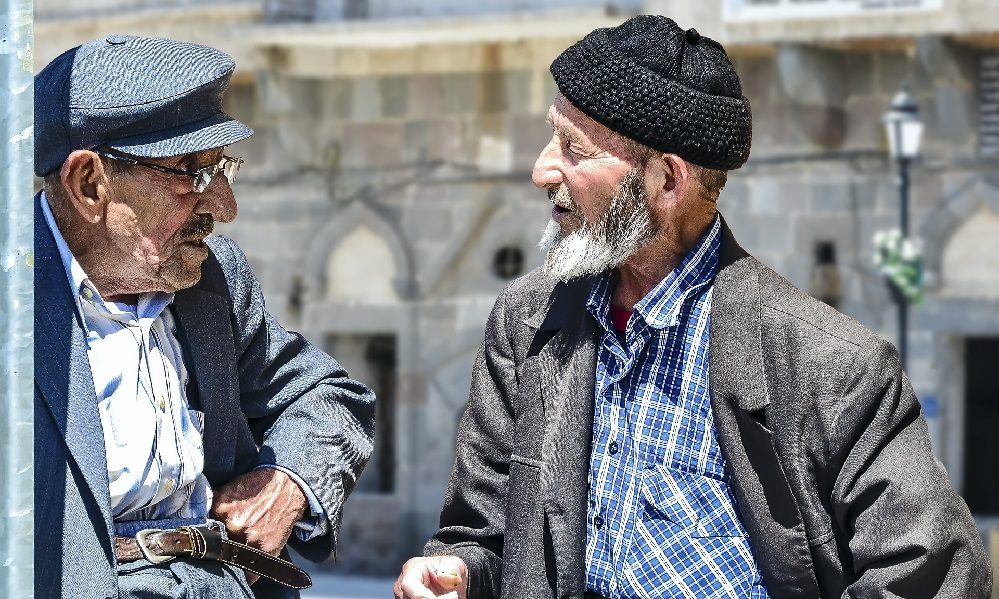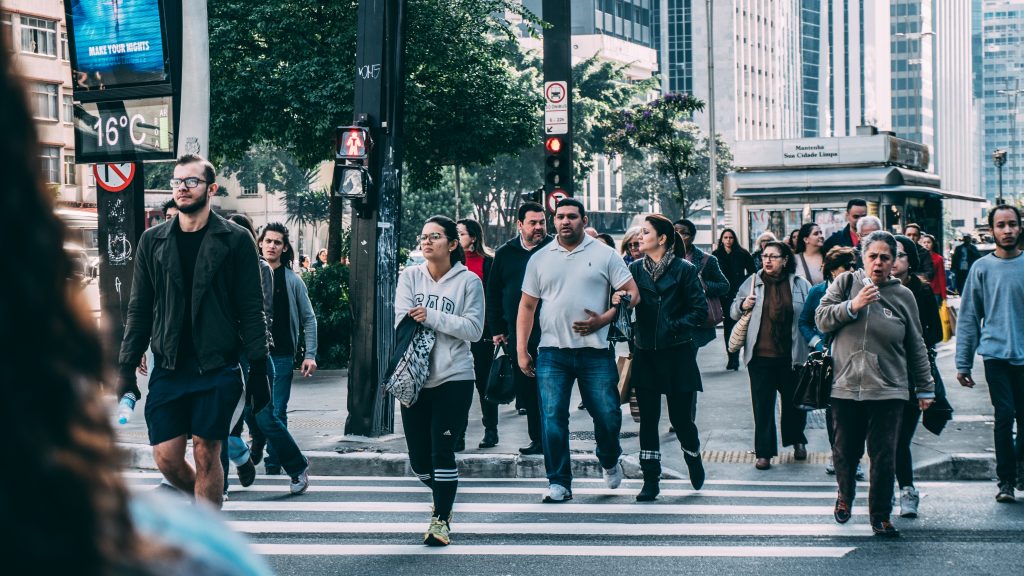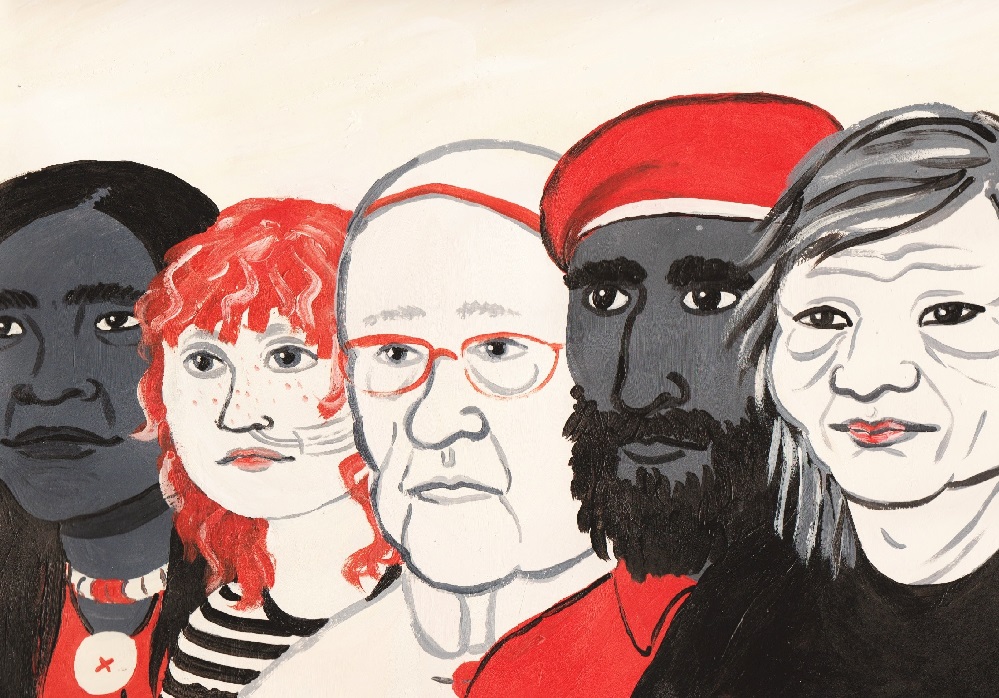‘Dignity’ is a key human rights buzzword. It’s something we all have, and which means we merit certain rights. But what exactly is it?
It all began several decades ago with the Universal Declaration of Human Rights, which proclaims in Article 1 that:
All human beings are born free and equal in dignity and rights.
The Universal Declaration was formally adopted in 1948 – in the aftermath of Second World War and is often seen as the beginning of the modern-day human rights movement. It was built around the idea that all human beings have a certain dignity and worth.
By the time the International Covenant on Civil and Political Rights (ICCPR) was conceived a few decades later, it was clear that this concept was the foundation of human rights. So much so, it was again in the preamble, adding that: “recognising that these rights derive from the inherent dignity of the human person.”
Fast forward to today, and the idea is pretty much established everywhere. In a case about assisted dying brought by Diane Pretty, the Human Rights Court had this to say about dignity and the Human Rights Convention:
The very essence of the Convention is respect for human dignity and human freedom
Sounds good, right? But we’re still no closer to working out what exactly dignity is?
A value tied to our humanity itself

Image Credit: Pixabay
The basic premise here is that there is something in our status as humans that makes us worthy of respect.
The Universal Declaration links this with our “reason and conscience”, something which is part and parcel of being human. It’s not quite that clear cut though – we still say that people have dignity where they are unable to exercise reason. In the recent Charlie Gard case, for example, people talked about the right to “die with dignity” even though the eleven-month old was unable to reason in the same way that an adult would. It applies to all of us.
In fact, dignity is so tied to our conceptions of humanity, that we use terms like “inhuman treatment” to describe acts that breach our human rights. There’s a sense that treating someone humanely means behaving towards them in a way that’s consistent with their humanity and dignity.
Everyone agrees we have it – and we’re born with it

Image Credit: Pixabay
Well, most people anyway. Dignity is a unifying value, regardless of religious beliefs. The Universal Declaration was made with the input of people from many different cultures. Of course, these people might not necessarily agree about where dignity comes from.
The Universal Declaration says that we are “born…equal in dignity and rights”. But there’s still the question about if we have dignity before we’re born?
Some people believe it’s arbitrary to say that we have dignity the moment we’re born, but not while we’re in the womb the day before. So when do we attain dignity? There’s no easy answer to this question, but currently, unborn children do not have separate legal recognition under the Human Rights Convention or in the common law of England and Wales, or the law in Scotland.
Can we lose it?
 Image Credit: Pexels
Image Credit: Pexels
According to the Universal Declaration, our rights are ‘inalienable’ – they can’t be taken away or given away. This is because the dignity that we harbour, which entitles us to these rights, is also inalienable. That’s why our rights continue all the way up to our death.
Some ‘right to die’ campaigners say that some individuals don’t feel very dignified in their final stages of life. They argue that there is little dignity in leaving someone to die a painful death, rather than letting a loved one help them end their life painlessly.
This is obviously a very difficult issue, and one that continues to be both brought before the courts and debated. Campaigners both for and against assisted suicide argue that dignity is on their side.
What does dignity do for your rights?
 Image Credit: Kaique Roche / Pexels
Image Credit: Kaique Roche / Pexels
Dignity means that certain acts, such as torture, are prohibited because we want to “protect both the dignity and the physical and mental integrity of the individual.” In this sense, dignity is something we hold that we want to protect from destruction.
For other rights, such as the right to health, dignity is something that we want to help people achieve. We ensure people have basic rights to so that they are able to lead a dignified life.
We also think that rights like the right to not be discriminated against are vital because all human beings are “free and equal in dignity and rights.” Here, dignity is something that we honour – by recognising that everyone has it. It’s something that we can never lose.
The idea of dignity is fundamental to how we regard ourselves. It’s something that connects people from all kinds of cultures and beliefs, and which has ultimately led to the universal recognition that we need to protect and realise this dignity for each and every person. We do this through human rights.
Interested in other articles like this?
- Take a look at the arguments for and against changing the law on assisted suicide
- Follow the case of Noel Conway, who’s arguing for his ‘right to die’ before the courts
- Read this article for a breakdown of the different human rights documents







